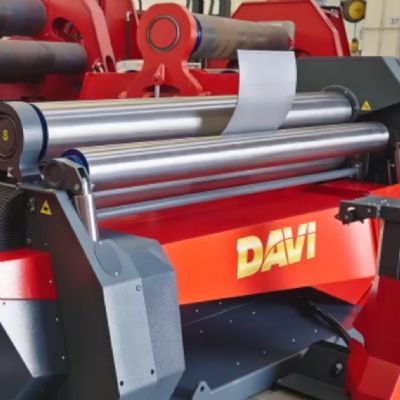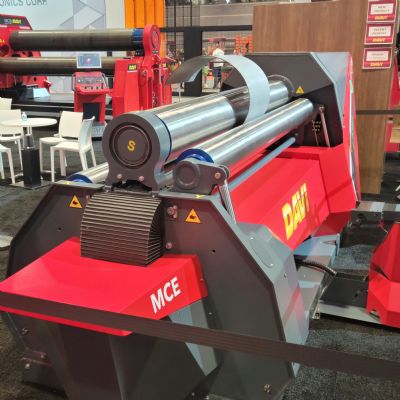 Michael Bleau
Michael BleauEntrepreneurial Economy: Change the Rules
January 1, 2010Comments
Having made it through the fray, now may be the best time to redefine your stamping offerings or overhaul your entire approach to the business. Historically, post recessionary economies represent some of the best times to start new business ventures. Encouraging entrepreneurial thinking within your workforce can be a catalyst to new opportunities. Taking a fresh perspective by questioning everything you do, why you do it and how it came to be may create some uncomfortable conversations with individuals who tend to be averse to change, but the payoff exceeds a few bruised egos.
To really dig deep takes an unwavering commitment by management. Your company also may benefit from an outside perspective that isn’t restricted by political or emotional equity—someone who isn’t concerned with tipping the sacred cows. Recognizing and embracing alternative strategies can be a challenge that may simply escape longtime executives and employees who may have had little opportunity for exposure to other approaches—you don’t know what you don’t know.
A recent conversation with a retired stamping executive highlighted the importance of making the hard choices, challenging the status quo and reaping the rewards of changing the rules governing the we do business.
Frank Maday has a long history in stamping, having served his tool and die apprenticeship at Chrysler, then becoming a tool and die manager at VW, tooling and QC manager at Budd, tooling manager for Ford Walton Hills and then, where our story begins, as VP of engineering at Mayflower Vehicle Systems’ U.S. operations. The few years leading up to 2000 were taxing on Mayflower’s European operations, specifically its vast operation in Gaggenau, Germany. In early 2000, Maday was named managing director for the division, where he immediately began dissecting the multiple-plant campus’ $65-million business to better understand how it was losing nearly $8-million annually.
As a Tier One automotive supplier, Mayflower produced stampings and finished assemblies for European automakers, including catalytic converters and exhaust systems. To understand the cost structure, Maday implemented detailed value mapping exercises to break down material, labor and general overhead costs on a per-job basis. This quickly uncovered a number of jobs that were generating losses with each part shipped. After assembling the details, Maday led efforts to approach customers in an attempt to justify piece-price increases. In those cases where the customer refused, Mayflower tactfully gave back the nonprofitable work. This helped, but it did not solve the basic problem of having too little opportunity and too many competitors driving prices down.








